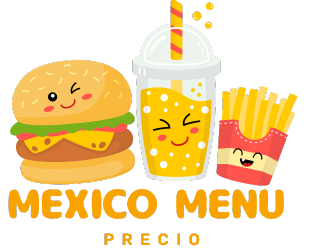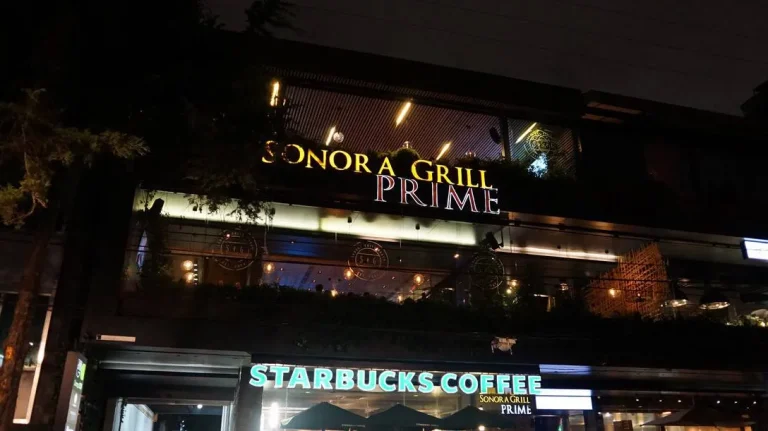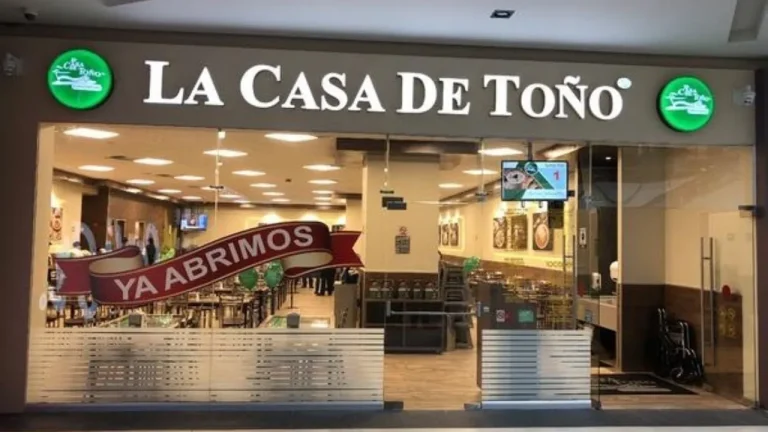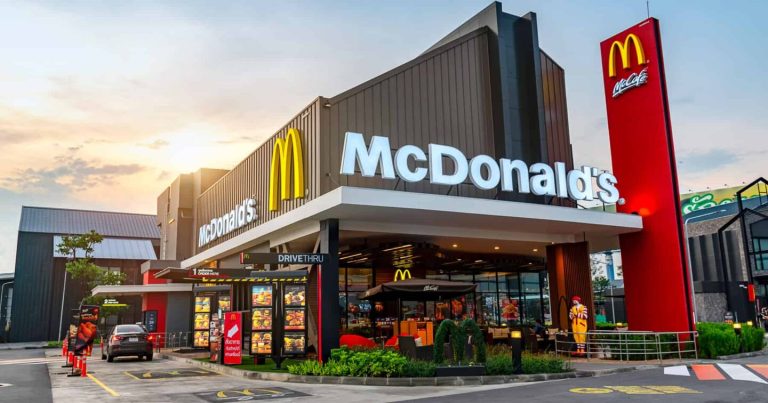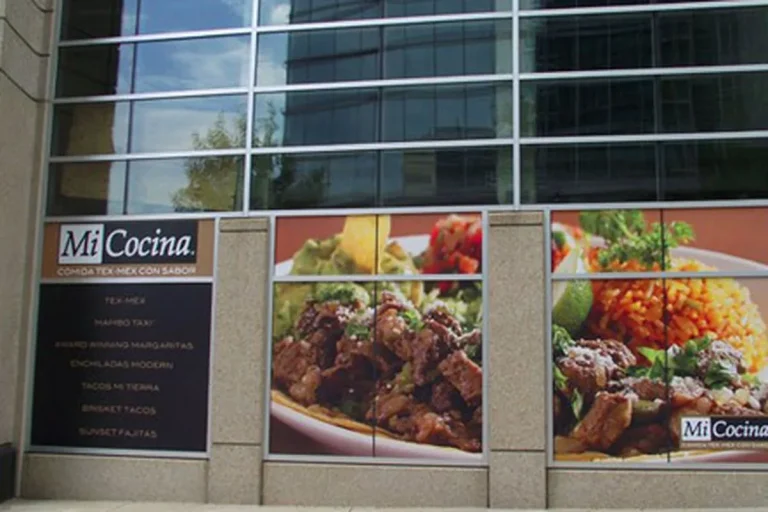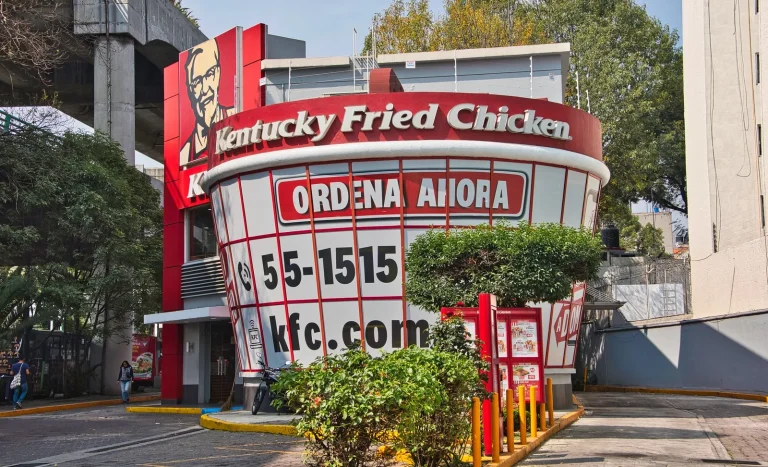Is McDonald’s Coffee Fair Trade? Get the Facts Now!
Are You Curious To Know About Is McDonald’s Coffee Fair Trade? If you’re like most people, starting the day with a cup of coffee is a must, and for many, McDonald’s has become a go-to stop for that caffeine fix. But in today’s world, coffee drinkers aren’t just looking for convenience but also paying attention to where their coffee comes from.
Questions about ethical sourcing are front and center, with “Fair Trade” being a key buzzword. McDonald’s has claimed that its coffee is sustainably sourced, but is it truly Fair Trade? Let’s dive into what Fair Trade means and whether McDonald’s coffee meets this ethical standard.
Table of Contents
What Is Fair Trade Coffee? Why Should You Care?

Before we dissect McDonald’s coffee practices, let’s clarify what Fair Trade certification means. Fair Trade goes beyond just producing coffee; it ensures:
- Fair wages for farmers, allowing them to sustain a reasonable standard of living.
- Ethical labor practices, meaning no forced labor or child exploitation.
- Environmentally sustainable farming that respects the earth.
For conscious consumers, Fair Trade certification is about more than taste; it’s about supporting a coffee ecosystem that promotes equity and sustainability.
McDonald’s Coffee: Fair Trade or Just Fair?
McDonald’s made headlines in 2007 when it announced it would start offering Fair Trade Certified coffee under its McCafé brand in the UK and Ireland. This was a significant move for a company of its size that sent ripples through the coffee industry. Yet, it’s crucial to note that only some McDonald’s coffee falls under the Fair Trade certification umbrella. The bulk of their coffee is certified by the Rainforest Alliance or UTZ, which, while admirable, focuses more on environmental sustainability than ensuring fair wages for farmers.
Fair Trade comes with higher costs, both for McDonald’s and for the consumers. Given that McDonald’s serves millions of cups of coffee daily across over 120 countries, switching to fully Fair Trade-certified beans would likely increase prices. This balancing act between ethical sourcing and affordable pricing is tricky, and McDonald’s has prioritized volume and environmental sustainability over full Fair Trade compliance.
How Does McDonald’s Compare: Fair Trade vs. Rainforest Alliance
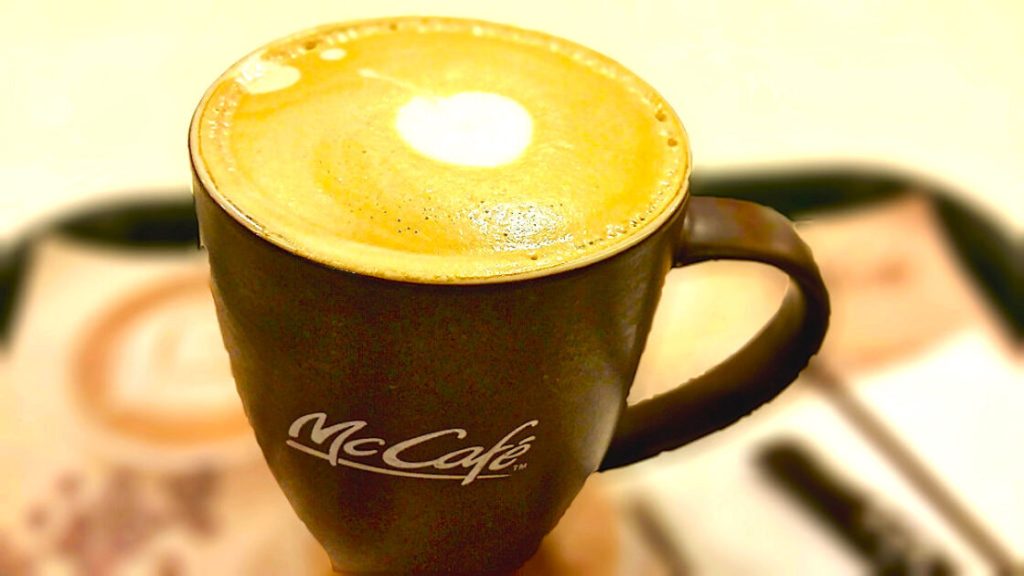
So, if McDonald’s isn’t fully Fair Trade, what does it mean when their coffee is Rainforest Alliance Certified? Here’s a quick breakdown:
- Fair Trade ensures fair wages for farmers, ethical labor practices, and environmental sustainability.
- Rainforest Alliance focuses on sustainability, biodiversity, and reducing the environmental footprint but does not guarantee a fair minimum price to farmers.
While both certifications promote ethical and sustainable practices, Fair Trade strongly emphasizes social justice for coffee growers. This distinction matters to consumers specifically seeking to ensure that farmers are fairly compensated.
Essential Points You Need to Know About McDonald’s Coffee Sourcing
| Aspect | Details |
| Fair Trade Introduction | In 2007, McDonald’s introduced Fair Trade Certified coffee in Europe, marking a significant step in its sustainability efforts. |
| Rainforest Alliance Certification | The majority of McDonald’s coffee, especially in the U.S., is Rainforest Alliance Certified, focusing more on environmental protection than fair farmer compensation. |
| Cost and Scale Challenges | Switching entirely to Fair Trade coffee globally would increase costs significantly, potentially alienating budget-conscious consumers. |
| Consumer Demand | As more consumers demand ethically sourced products, McDonald’s may expand its Fair Trade offerings, but for now, it remains a niche part of their coffee line. |
| Sustainability vs Social Justice | While McDonald’s promotes sustainability through certifications like Rainforest Alliance, not all farmers benefit from fair compensation without universal Fair Trade certification. |
What Can McDonald’s Do to Improve Its Coffee Sourcing Practices?

| Actionable Step | Description |
| Expand Fair Trade Certification | Roll out Fair Trade certification beyond Europe, starting with espresso-based beverages in key markets like the US, to ensure fair wages for more coffee farmers. |
| Transparency in Sourcing | Offer clear and transparent labeling about where and how coffee is sourced, allowing consumers to make informed ethical choices when purchasing coffee products. |
| Engage Consumers | Educate consumers on the benefits of Fair Trade coffee and its positive impact on farmers to build demand for ethically sourced products, justifying potential price increases. |
| Commit to Ethical Leadership | As a global coffee leader, McDonald’s could set a higher ethical standard by requiring Fair Trade or equivalent certifications for all its coffee products worldwide. |
The Pros and Cons of McDonald’s Coffee Sourcing Strategy
| Aspect | Pros | Cons |
| Environmental Focus | McDonald’s commitment to Rainforest Alliance and UTZ certifications ensures their coffee is sustainably grown, minimizing ecological harm. | Most McDonald’s coffee is not Fair Trade certified, meaning many farmers may not receive the fair wages that Fair Trade guarantees. |
| Accessibility | McDonald’s offers ethically sourced coffee at an affordable price, making it accessible to millions who cannot afford premium Fair Trade coffee. | The mix of certifications like Rainforest Alliance, UTZ, and Fair Trade may confuse consumers about which ethical standards they are supporting. |
| Sustainability Goals | McDonald’s has achieved its goal of sourcing 100% sustainably grown coffee, which is a significant step in their overall sustainability strategy. | Despite some Fair Trade certifications in select markets, Fair Trade coffee is still a niche offering, leaving gaps in farmer compensation efforts. |
McDonald’s Sustainability Commitments in 2024

While McDonald’s coffee may not be Fair Trade certified, the company has made numerous sustainability commitments that deserve recognition. In addition to its Rainforest Alliance certification, McDonald’s has taken other steps to reduce its environmental impact and improve its social footprint. Here’s what McDonald’s is doing to ensure a more sustainable coffee future:
- Sourcing 100% Sustainable Coffee
McDonald’s achieved its goal of sourcing 100% of its coffee through sustainable certifications such as Rainforest Alliance and UTZ. This move ensures that every cup of McDonald’s coffee adheres to basic sustainability standards, including:
- Environmentally friendly farming practices that reduce the use of harmful chemicals.
- Conservation of water resources and the promotion of soil health.
- Reduced carbon emissions in the coffee supply chain.
- Supporting Farmer Livelihoods
While not aligned with Fair Trade’s specific pricing structure, McDonald’s works with its suppliers to ensure farmers are compensated fairly for their coffee. Through partnerships with organizations like the International Coffee Organization (ICO), McDonald’s supports programs that provide farmers with the resources and education they need to improve their yields and earn more for their products.
- Commitment to Recycling and Packaging
In addition to sourcing sustainable coffee, McDonald’s works toward a 100% sustainable packaging goal. This includes using recyclable, compostable, or biodegradable materials in coffee cups and other packaging, further reducing its environmental impact.
- Climate Change Initiatives
Coffee farming is particularly vulnerable to climate change, and McDonald’s recognizes the need to address this issue. Through partnerships with Conservation International, McDonald’s invests in programs promoting climate resilience in coffee-growing regions. These initiatives help farmers adopt practices that mitigate the effects of climate change, such as reforestation and soil conservation.
The Future of McDonald’s Coffee: What Should We Expect?

Given the growing consumer demand for ethically sourced products, McDonald’s is likely to continue evolving its coffee-sourcing practices. The fast-food giant has already committed to sustainability by sourcing 100% of its coffee sustainably, a milestone it achieved. The next logical step could be further expansion of Fair Trade-certified coffee, but only if consumer demand drives it.
In the meantime, if you prioritize ethical sourcing in your coffee choices, you’ll need to seek Fair Trade-certified options outside of McDonald’s unless you’re based in Europe. However, if environmental sustainability is your primary concern, McDonald’s Coffee still cuts, thanks to its Rainforest Alliance certification.
Frequently Asked Questions
Is McDonald’s coffee ethical?
Yes, McDonald’s has ensured that its coffee is ethically sourced. While not Fair Trade certified, their coffee is Rainforest Alliance and UTZ certified, which provides environmentally sustainable farming practices and fair working conditions.
What is Rainforest Alliance Certification?
The Rainforest Alliance Certification focuses on sustainability by promoting farming practices that protect the environment and biodiversity. It also works towards improving social and economic conditions for workers, although it doesn’t guarantee a minimum price for coffee farmers like Fair Trade does.
Why doesn’t McDonald’s use Fair Trade Coffee?
McDonald’s opts for a mix of Rainforest Alliance and UTZ certifications to balance cost, sustainability, and scalability. Since Fair Trade certification can be more expensive, McDonald’s chooses other methods to ensure sustainability while keeping costs competitive.
Will McDonald’s ever switch to Fair Trade Coffee?
It’s possible that McDonald’s could adopt Fair Trade certification in the future as consumer preferences shift further towards ethically sourced products. The company is focused on maintaining affordability while meeting sustainability goals through its current certifications.
Conclusion
While McDonald’s coffee isn’t Fair Trade certified, it is essential to note that the company has made significant efforts to source its coffee ethically. With 100% of its coffee sustainably sourced and partnerships with organizations like the Rainforest Alliance, McDonald’s is taking steps toward sustainability and ethical treatment of workers.
Though the company doesn’t meet the Fair Trade standard of guaranteed minimum prices for farmers, its focus on environmental and social equity still makes it a responsible choice for many consumers. If Fair Trade is your primary concern, you should seek out other fully Fair Trade-certified coffee brands. However, for those who prioritize sustainability and environmental protection, McDonald’s coffee aligns with many of the core principles of ethical sourcing.
